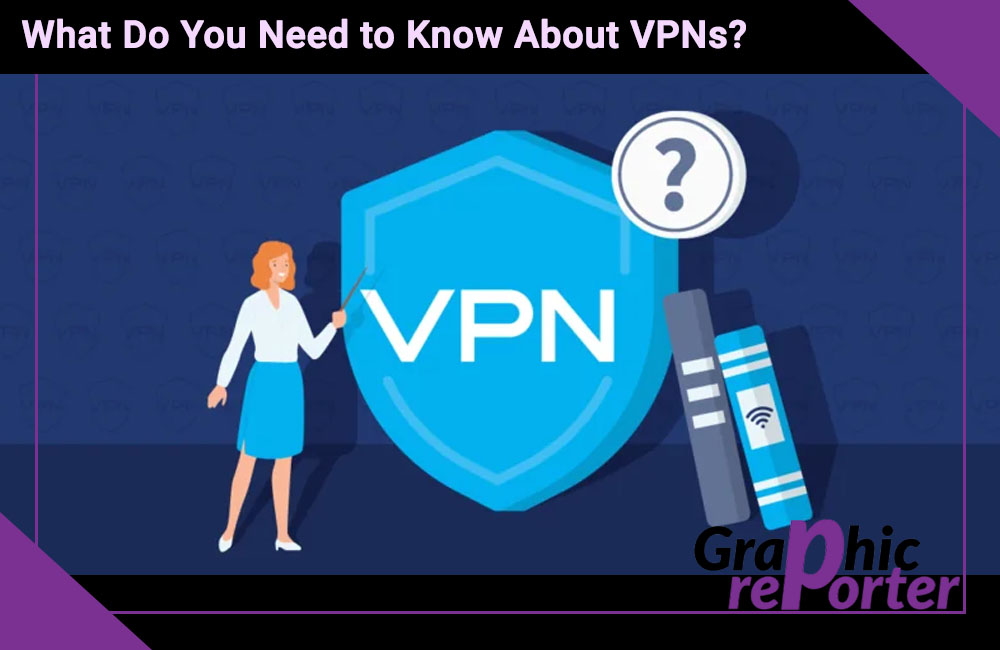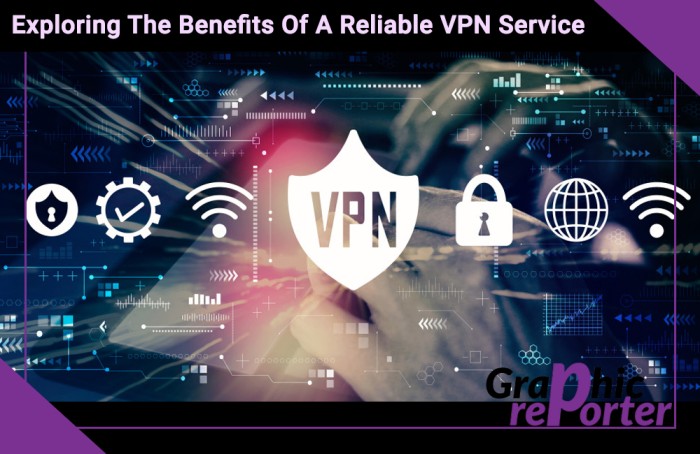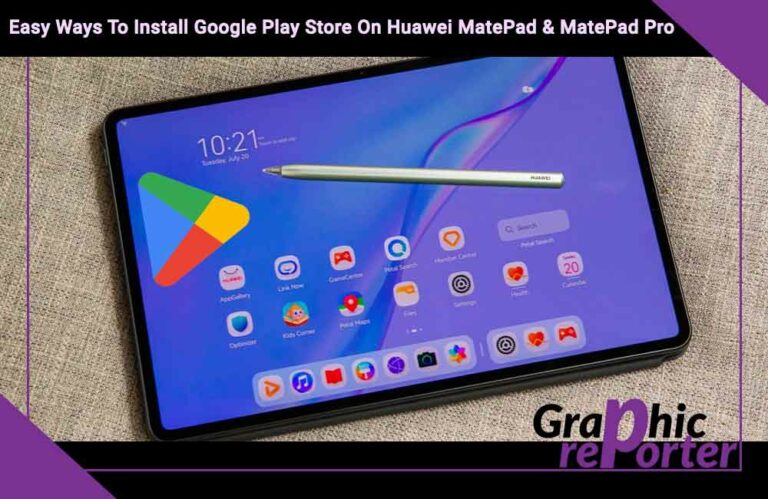What Do You Need to Know About VPNs?

When discussing cybersecurity, Virtual Private Networks, also known as VPNs, are one of the first digital protection tools to come to mind. But why are they so popular? It’s simple. A VPN can help you protect yourself from cybercriminals, secure your data from prying eyes, and even access content unavailable in your area.
Learning the VPN’s limitations, opportunities, and overall scope will help you select the most suitable service provider. Let’s get started.
Table Of Contents
What is a VPN?
A Virtual Private Network (VPN) is a tool that helps you connect to a private network over the Internet in a safe and protected way. This potent tool helps protect your data and hides your IP address, making it harder for bad actors on the internet to track what you’re doing. That’s why it’s an excellent tool for people and businesses who want an added level of security while surfing the web.
A VPN can also come in handy when visiting restricted websites or streaming content only available in specific locations. With VPN, you can quickly get around firewalls, hence censorship filters —this way, you enjoy your favorite streaming services while keeping your network connection secure.
How to get started?
Setting up a VPN is quite simple. Usually, all you need to do is adjust the network settings on your device, whether it’s a laptop or a mobile phone. In addition, you can find simple setup instructions on most providers’ websites. So you needn’t worry if you’re not familiar with technology.
Finding a trustworthy VPN service provider can be pretty challenging, though. You should consider pricing, performance, and other factors. For instance, ensuring the VPN you choose doesn’t significantly decrease your internet speed is essential. Also, another thing is to consider whether your chosen provider has powerful security measures and offers a diverse range of servers to ensure you can access everything you need.
Understanding the pros and cons of different types of VPNs
The most popular type of VPN is undoubtedly — paid service, which usually provides more features than free services. These additional features often include faster speeds and improved reliability. Paid services typically offer superior customer service and more robust encryption protocols like OpenVPN or IPSec.
However, these services can be pretty expensive. It all depends on how often you use the service or how many devices you want to connect simultaneously.
You could also consider using free VPNs. Although, they often don’t have the most brilliant reputation. They typically offer fewer features than paid ones, too. For instance, you might experience slower speeds or have data usage limitations. They may not be as dependable since there is no assurance that your connection will remain stable or that your IP address will not be revealed at some point.
Additionally, free VPNs often include advertisements that can be intrusive and bothersome.
Picking the right VPN for your needs
Selecting the correct VPN to meet your requirements is essential to protecting your online activities and securing your data. With a plethora of options available on the market, it can take time to decide which one will be most suitable for you.
While reading reviews is fine, it’s not enough for you to make a purchase. It’s always a good idea to do your research and understand all the features offered so you can make an educated decision about which service to stick with.
In the following, you will find factors you should consider before subscribing to any provider.
Protocol
Different VPNs offer various protocols, such as OpenVPN, IKEv2 & IPSec, PPTP, L2TP/IPSec, and SSTP. Each protocol has its level of security and performance capabilities, so it’s important to understand these differences before settling on one that works best for you.
Encryption Strength
Encryption strength refers to the degree of data protection provided by the encryption used by the VPN service. Generally speaking, 256-bit encryption offers adequate protection for most users; however, 512-bit or 1024-bit encryption could also be considered if additional security is desired.
Speed
Speed denotes how quickly information is transferred over the connection established by the VPN service provider. All services tend to reduce internet speed due to additional encryption layers; however, some networks are designed with faster speeds in mind, resulting in less of an effect on overall connection speed.
If speed is a valuable concern for you, you could read reviews from other users who have tested out a particular provider’s network speed before committing yourself. You could also test the VPN if the provider offers a free trial option. In this case, don’t forget to cancel your subscription before the trial ends.
Bandwidth Limitation
Usually, free or inexpensive VPN services might impose restrictions on monthly data usage. So, if you plan on streaming content regularly or downloading large files, consider the possible restrictions while selecting. Make sure that whatever service you opt for does not have excessively restrictive bandwidth limits that could impede your usage later down the line.
Server Location
Different countries have different laws concerning privacy and security. Thus, any chosen service must have servers located in countries where these regulations are upheld. Furthermore, server locations may also need consideration if geo-restricted content requires access. Certain providers may have servers outside those regions where such restrictions do not apply, allowing access without having to go through lengthy processes first.
Customer Support Service
If something goes wrong with your service or there’s something else about it that doesn’t work correctly, then customer support services can save time and hassle when attempting to resolve any issues expeditiously. Check what type of support they provide before signing up with them, as reliable customer assistance can make all the difference during use.
Conclusion
In a digital world, VPNs are vital for security and access. Choosing wisely between paid and free options, as well as considering protocols, encryption, speed, and support, empowers confident and secure online experiences.






